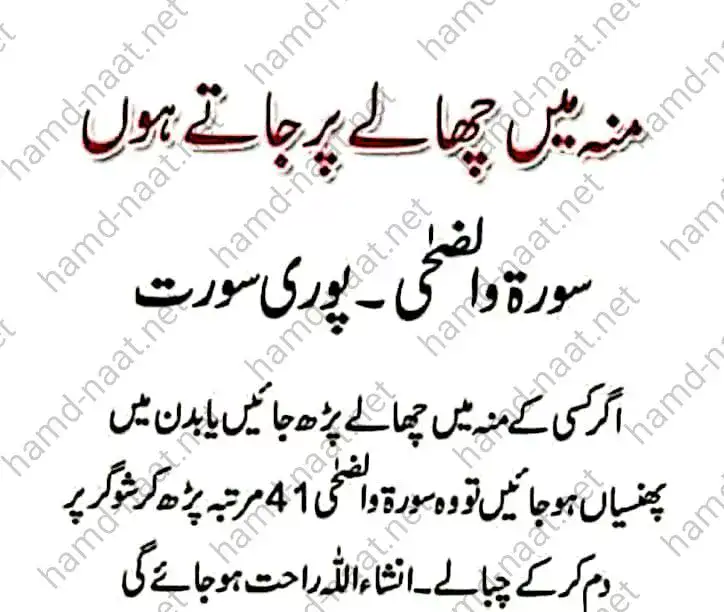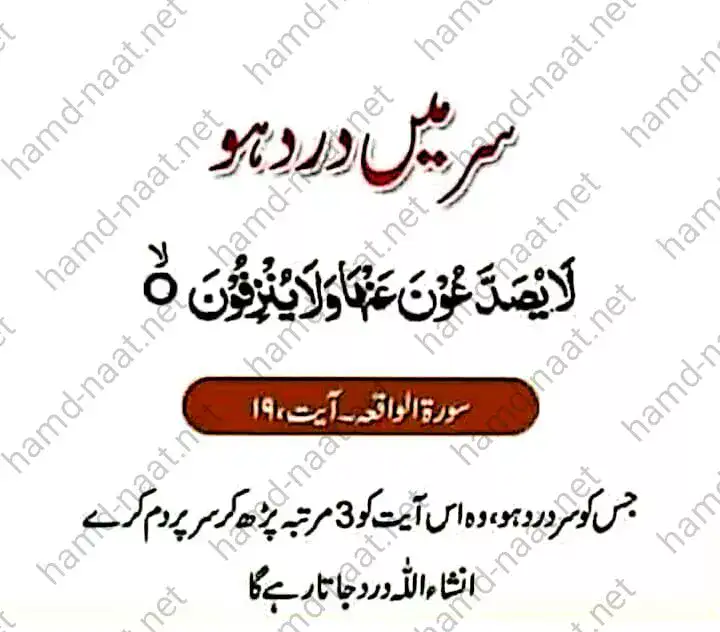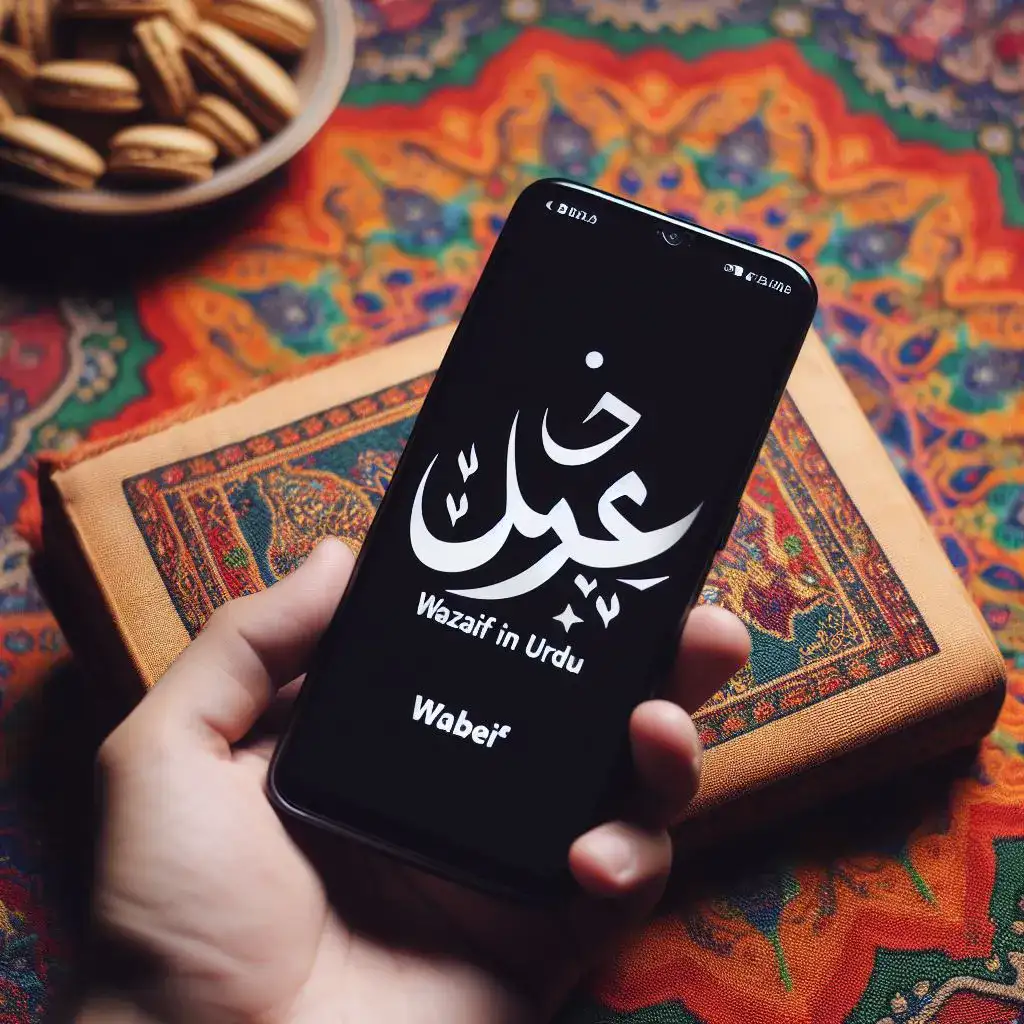Introduction
Wazaif, a term derived from Arabic, refers to a set of spiritual practices or supplications performed in Islam. These practices often involve reciting specific verses from the Quran, supplications (duas), or invocations (dhikr). Wazaif play a crucial role in the spiritual journey of Muslims, helping them connect with Allah, seek His blessings, and attain spiritual growth. This article will delve into the significance of Wazaif in Urdu and explore some common practices.
The Importance of Wazaif in Urdu
Urdu, a widely spoken language in Pakistan and India, has a rich tradition of Wazaif. Reciting Wazaif in Urdu allows Muslims to connect with their faith on a personal and emotional level. It helps them understand and appreciate the beauty and wisdom of Islamic teachings. Additionally, Wazaif can be a powerful tool for seeking relief from problems, seeking blessings, and strengthening one’s relationship with Allah.
Common Wazaif in Urdu
There are numerous Wazaif that Muslims can practice in Urdu. Some of the most common ones include:
- Dua-e-Qunoot: A supplication recited during the prayer of Fajr (dawn). It is believed to be a powerful prayer for seeking forgiveness and blessings.
- Dua-e-Kharid: A supplication recited before buying or selling something. It is believed to bring blessings and prosperity.
- Dua-e-Kalam: A supplication recited before writing or speaking. It is believed to improve one’s communication skills and eloquence.
- Dhikr of Allah’s Names: Reciting the names of Allah is a powerful form of dhikr. It helps to focus the mind on Allah and cultivate a sense of peace and tranquility.
The Benefits of Practicing Wazaif
Practicing Wazaif can offer numerous benefits, including:
- Spiritual Growth: Wazaif can help individuals deepen their connection with Allah and develop a stronger faith.
- Stress Relief: Engaging in spiritual practices like Wazaif can help reduce stress and anxiety.
- Positive Energy: Wazaif are believed to attract positive energy and blessings into one’s life.
- Improved Well-being: Regular practice of Wazaif can contribute to overall well-being and happiness.
: Discover Spiritual Remedies
1:

2:

3:

4:

5:

6:

7:

8:

9:

10:

| The 1st Kalma: Cornerstone of Faith in Islam |
| Fabiayyi ala irobbikuma tukadziban |
| Naat balaghal ula be kamalehi lyrics |
| Dard Ki Dua: A Powerful Invocation for Relief |
Unlock Blessings: Wazaif in Urdu for Prosperity
:وظائف قرآن” کے بارے
قرآن مجید اسلامی دین کا مقدس کتاب ہے، جو اللہ کی طرف سے اپنے پیغمبر حضرت محمد (صلی اللہ علیہ وآلہ وسلم) کے ذریعے انسانیت کو دیا گیا۔ قرآن میں مخصوص وظائف اور ہدایات بیان کی گئی ہیں جو انسانوں کو ان کی زندگی کے مختلف پہلوؤں میں اچھے طریقے سے عمل کرنے کی راہ دیتے ہیں۔
:توحید (ایمان بللہ)
قرآن کی اہم وظیفہ یہ ہے کہ وہ انسانوں کو توحید یعنی ایک خدا کی عبادت کی فہم دلاتا ہے۔ اس کے ذریعے انسان کی عبادت کا مقصد، اللہ کی رضا حاصل کرنا، معلوم ہوتا ہے۔
:اخلاقی وظائف
قرآن میں انسانوں کو اچھے اخلاق کی پسندیدگی کی ہدایات دی گئی ہیں۔ انسان کو صدق، امانت، رحم دلی، اخوت، انصاف، اور نیک نیتی کی پیروی کرنے کی تربیت دی جاتی ہے۔
:عبادت کی وظائف
قرآن میں نماز، روزہ، حج، وغیرہ جیسی عبادات کی وظائف کی تفصیلی ہدایات شامل ہیں۔ انسان کو اللہ کی عبادت کے طریقوں کا علم دیتے ہیں تاکہ وہ ان کو پوری مسئولیت کے ساتھ ادا کر سکیں۔
Discover Powerful Wazaif in Urdu for Spiritual Growth
:معاشرتی وظائف
قرآن میں معاشرتی مسائل اور حلول بھی فراہم کئے گئے ہیں، جیسے کہ احکامات برائے شادی، طلاق، وراثت، اور عدلیہ کے معاملات۔
:دعوت اور تعلیم
قرآن میں دعوت اسلامی کے لئے بھی وظائف دی گئی ہیں۔ مسلمانوں کو دین کی تعلیم دینے اور دین کو دنیا کے ہر حصے تک پہنچانے کی ذمہ داری دی گئی ہے۔
:تذکرہ (یاد رکھنے کی وظیفہ)
قرآن کی ایک اہم وظیفہ یہ ہے کہ انسانوں کو اس کی تلاوت اور یاد رکھنے کا حث دیتا ہے۔ اس کے ذریعے انسانوں کو روشنی، ہدایت، اور راہنمائی حاصل ہوتی ہے۔
قرآن کے وظائف کے ذریعے انسانوں کو ان کی دنیا اور آخرت میں کامیابی حاصل کرنے کی راہ دی جاتی ہے اور ان کی روحانی، اخلاقی، اور معاشرتی طرف سے تربیت دی جاتی ہے۔
In Conclusion:
The Wazaif in Urdu, encapsulated within the Quranic teachings, serve as a roadmap for spiritual elevation and moral refinement. By embracing these divine injunctions, individuals unlock the transformative power of faith, leading to success in both this world and the Hereafter. May the wisdom of the Quran continue to illuminate hearts and minds, enriching lives with its timeless guidance and blessings.
FAQs:
While both Wazaif and Duas are forms of supplication, Wazaif often involve a specific sequence or set of practices, whereas Duas can be more spontaneous.
Yes, anyone can practice Wazaif. However, it is recommended to consult with a knowledgeable Islamic scholar for guidance and to ensure that the practices are performed correctly.
The frequency of practicing Wazaif can vary depending on individual circumstances and preferences. However, consistency is key to reaping the benefits of these practices.




